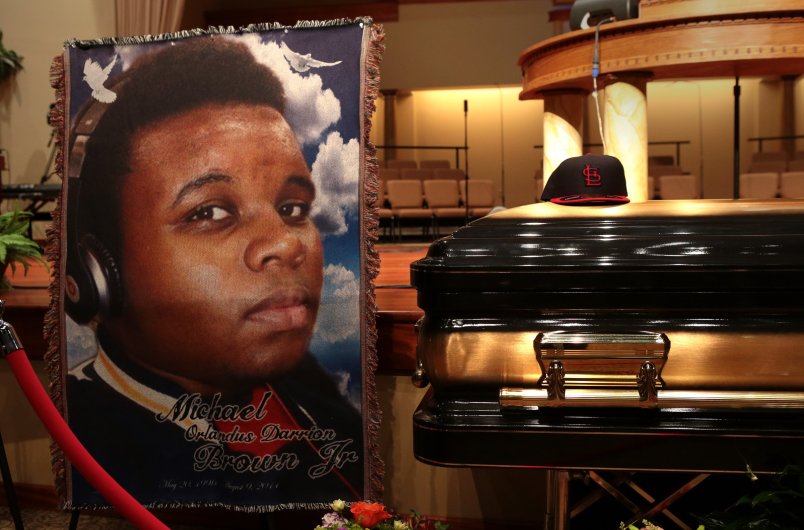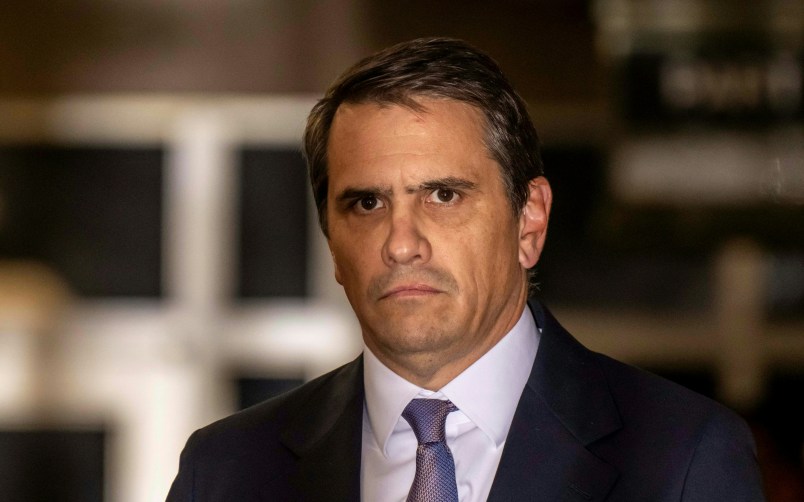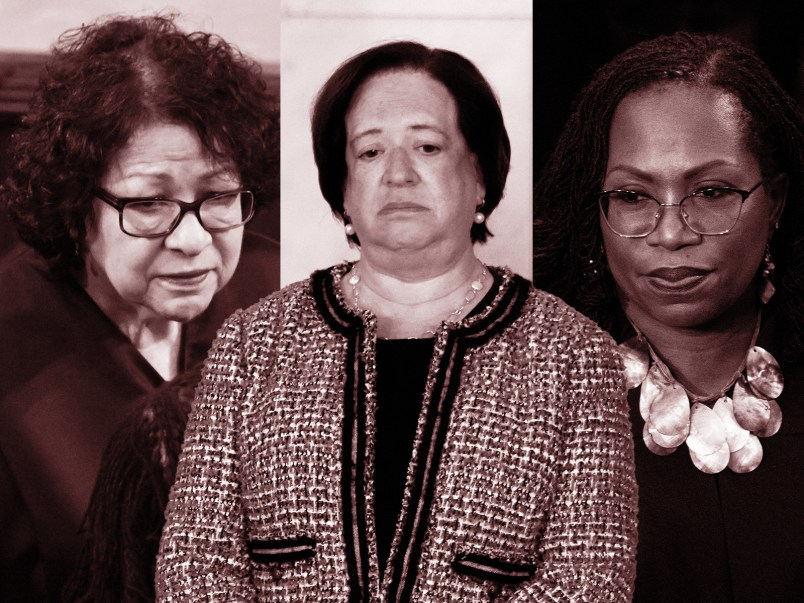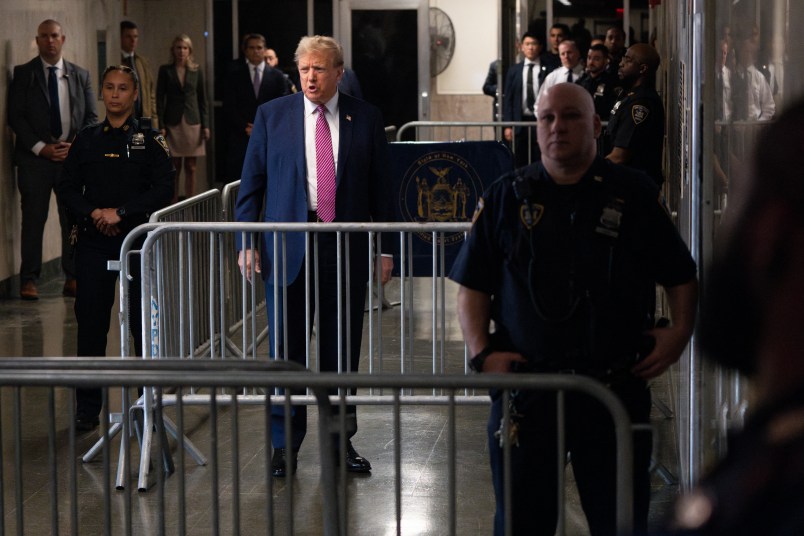WASHINGTON (AP) — Six months after 18-year-old Michael Brown died in the street in Ferguson, Missouri, the Justice Department is close to announcing its findings in the racially charged police shooting that launched “hands up, don’t shoot” protests across the nation.
The federal government has undertaken two separate investigations. One looks at whether criminal charges should be filed against the officer involved in the shooting, Darren Wilson. The other is a broader examination of the city’s police department, including a search for discriminatory practices by officers.
Attorney General Eric Holder, the nation’s first black to hold that office, has made civil rights a cornerstone of his six-year tenure. He says he expects to release results in both investigations before he leaves office, which means announcements could be coming within days. Here’s a look at where things stand:
___
THE FERGUSON POLICE DEPARTMENT
Already, federal officials have been clear that they see troubling signs in a police department that is overwhelmingly white yet serves a majority-black community, and the report is likely to detail problems found during the Justice Department’s months-long probe. A 2013 report by the Missouri attorney general’s office found that police stopped and searched black drivers far more often than white motorists, even though they were less likely to find contraband among the black drivers.
Investigations like this one aren’t uncommon. Under Holder, the feds have delved into about 20 police departments, including those in Albuquerque, Cleveland and Newark, New Jersey, usually for discriminatory policing practices and large numbers of police-involved shootings. Most such cases end with police departments committing to make changes, though the Justice Department maintains the prerogative to take them to court when departments refuse to commit to reforms.
When he announced the Ferguson investigation in September, Holder revealed that the probe would focus on police use of force as well as stops, searches and arrests of suspects and the treatment of inmates at the city jail. He said that a “deep mistrust” had taken hold between law enforcement officials and members of the community.
In October, Holder said publicly that the Ferguson department was in need of “wholesale change.” Last month, in a forum with reporters at the National Press Club, he described the investigation as “independent, thorough and based only on the facts and the law.” He predicted that “people will be satisfied with the results that we announce.”
____
THE POLICE OFFICER
It’s hard to bring a successful federal prosecution for criminal civil rights violations against a police officer, particularly in shootings that arise during rapidly unfolding confrontations. Police are given wide latitude to use deadly force when they feel endangered, and the U.S. Supreme Court has said police confrontations should be evaluated through the perspective of a reasonable officer on the scene, rather than 20/20 hindsight.
Officer Darren Wilson is seen as unlikely to face criminal charges, in part because of the high threshold needed for a civil rights case. Prosecutors would need to establish that Wilson willfully deprived Brown of his civil rights by using excessive force, a tough standard that Justice Department prosecutors have been unable to meet in some high other high-profile police shootings.
Wilson told a state grand jury that investigated the case that he feared for his life during the confrontation, which began after he directed Brown and a friend who were walking in the street to move to the sidewalk.
As the two struggled, Wilson said Brown reached inside the driver’s-side window of his patrol car, struck him in the face and reached for his service weapon. Brown ran, and Wilson said he shot at him after the teenager charged at him. Other witnesses said Brown never posed a threat and was standing with his hands up before he was shot.
A grand jury cleared Wilson of wrongdoing in November. He resigned from his job days later.
___
BEYOND FERGUSON
The shooting touched off weeks of protests in the streets of Ferguson and other cities. Along with the police chokehold death of a New York City man suspected of selling untaxed cigarettes and the December killings of two New York police officers, the Ferguson case became part of a national conversation about race and policing.
The shooting and its aftermath focused attention on how police departments use military surplus equipment and on whether more training is needed to help officers de-escalate situations. It accelerated a push for the use of body cameras by police departments nationwide and led to brainstorming discussions about how to build trust between officers and the communities they serve.
Public statements came from officials including President Barack Obama, who said the frustrations of the protesters “have deep roots in many communities of color who have a sense that our laws are not always being enforced uniformly or fairly.”
Holder has called for more complete record keeping on the number of police shootings and how often officers are themselves shot at. FBI Director James Comey, in a blunt speech last month on race and law enforcement, echoed that suggestion and said police officers may be informed by unconscious biases and tempted by “lazy shortcuts of cynicism.”
“We must better understand the people we serve and protect, by trying to know deep in our gut what it feels like to be a law-abiding young black man walking down the street and encountering law enforcement,” Comey said.
Copyright 2015 The Associated Press. All rights reserved. This material may not be published, broadcast, rewritten or redistributed.










